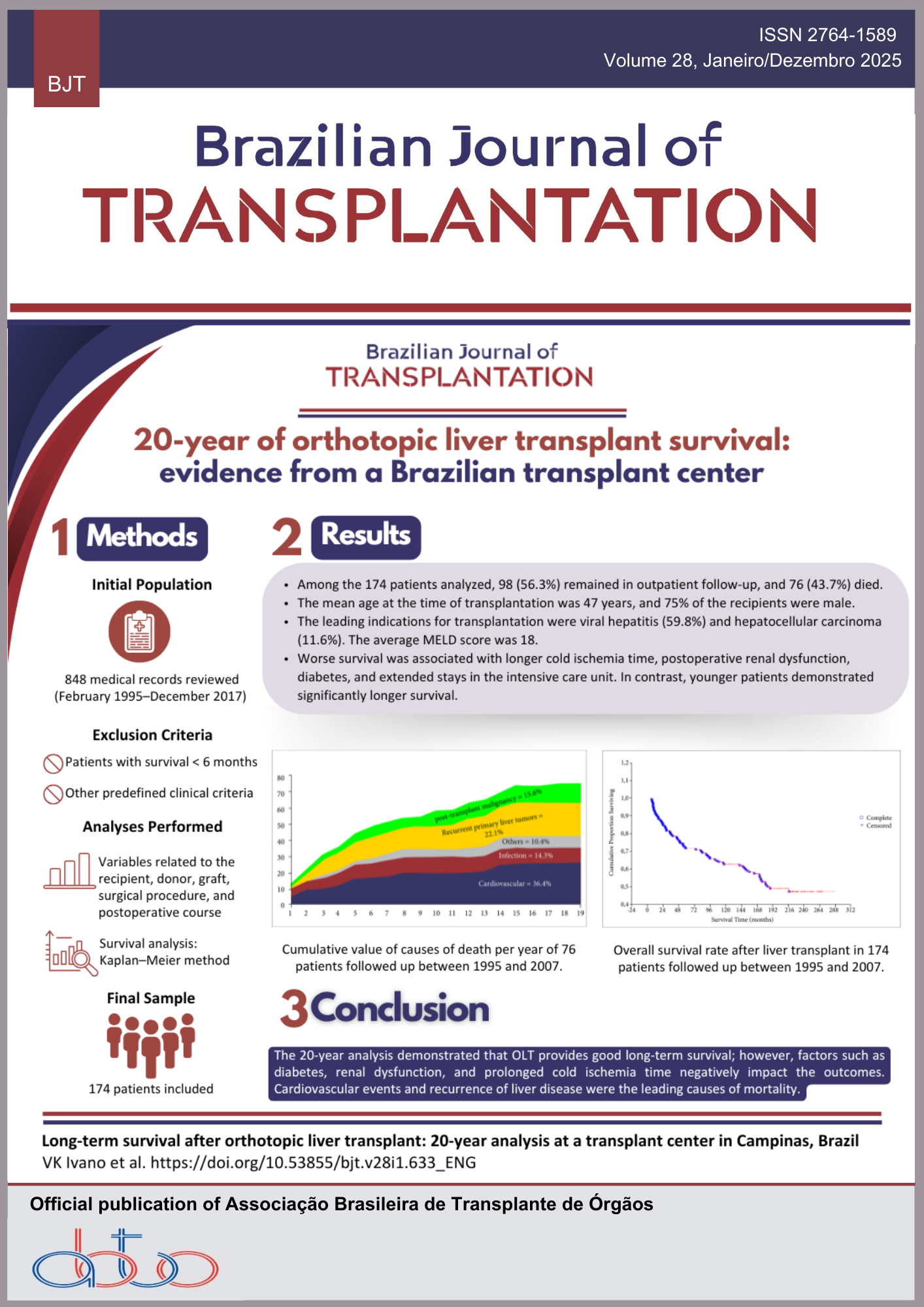The Immune Response as a Model of Random Natural Selection, from Charles Darwin to Susumo Tonegawa: A (Provocative) Text for Non-Immunologists
Palabras clave:
Darwinism, Evolution, Natural selection, Immune response, ImmuneResumen
The beginning and the maturation of the immune response emulates quite precisely what Darwin wrote in the XIX century about the Natural Selection and the Evolution of the Species. The fierce competition between species made some of them disappear and some changed during evolution, taking this process several thousand years. Incredibly, it is still under discussion by some in our XXI century. Looking at how the immune system maturates its response to a given antigen, one can see striking similarities between this maturation process and what we learned from Darwin’s observations, with the biggest difference being the speed. Instead of thousands of years, the immune response evolves in a matter of days or a few weeks, using essentially the same competition mechanisms.
Descargas
Citas
1. Darwin C. On the origin of species by means of natural selection, or the preservation of favored races in the struggle for life. Norwalk: Easton Press; 1991. p. 83-4.
2. Tonegawa S. Somatic generation of antibody diversity. Nature 1983;302:575-81. https://doi.org/10.1038/302575a0
Descargas
Publicado
Cómo citar
Número
Sección
Licencia
Derechos de autor 2025 Jorge Neumann

Esta obra está bajo una licencia internacional Creative Commons Atribución 4.0.










